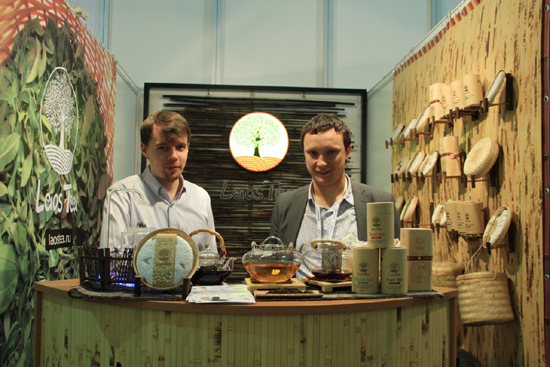Uphill battle of Chinese tea in Russia
Turbulent times
However, even though for the Chinese tea trade was a promising start, now the business doesn’t look as lucrative as it used to do. When we just started our business, the economic conditions in Russia were more favorable. We actively promoted Chinese tea to the restaurants, created a website where we advertised different types of tea, added description and photos from our trip around China. In 2012 our business was growing at a good pace, but now it all has changed due to the economic situation. The consumer power in the country dramatically decreased and people were no longer willing to spend money on expensive tea. Even respected restaurants, in order to cut costs, turned to cheaper teas”, - said Denis.
According to Denis, since 2012 his company was selling 800–1,000 kg of Chinese tea per year, 50 percent of the sales were made up from average priced red (black) tea at the price of 100 yuan per kg. Black tea has been all-time favorite among Russian consumers. The rest 30 percent of the tea sold was middle category and 20 was elite tea, namely some kinds of pu’er and oolong tea. However, by 2017 the amount of tea sold fell by half, and the company managed to sell only 400–500 kg a year, while the proportion of inexpensive red tea went up to 70 percent and middle category tea stood at 30 percent. Only 5 percent of quality tea was distributed with mixed success. Denis Kryuchkov said that under the given circumstances Chinese tea can only be made a hobby, not a source of income. For single tea traders, it is hard to survive making business chiefly on good tea; however, big corporations who focused on price not quality remained afloat.
|
 |
|
Alexander Zhiryakov (left) in his company Laos Tea. [Photo provided by Anastasia Sukhoreskaya] |
Alexander Zhiryakov agreed with this opinion. He said that the worsening of the economic situation in Russia had negatively impacted Chinese tea sales in the country. While in the beginning he planned to turn high-quality tea into his company’s main product, now this seems unlikely.





















